U.S. to impose tax on small imports
입력 2025.02.04 (00:24)
읽어주기 기능은 크롬기반의
브라우저에서만 사용하실 수 있습니다.
[Anchor]
President Trump's executive order includes provisions for imposing tariffs on small imports that were previously duty-free up to $800.
This measure, aimed at closing every loophole, is expected to immediately impact Chinese online shopping companies like Temu.
Beijing correspondent Kim Hyo-shin reports on China's response.
[Report]
["Let's do a huge one dollar Temu haul! Wow~~~~~!!"]
A U.S. shopper cheers, saying they can buy hats, pajamas, and outdoor clothing for just $1 each.
Using such low prices as a weapon, the Chinese shopping company 'Temu' generated over 29 trillion won in sales in the U.S. last year.
This amount surpasses that of traditional U.S. retail giant Walmart.
The fact that American consumers could purchase Temu products without hesitation was also aided by the 'de minimis exemption,' which exempted tariffs on small imports under $800.
However, President Trump has moved to block this small 'duty-free loophole' by imposing tariffs.
He views the small duty-free system as a channel through which illegal drugs, like fentanyl, easily enter the U.S., contributing to a public health crisis.
On the other hand, China is pushing back, claiming that they have done their best to cooperate with the U.S. in combating drugs, yet the U.S. is making unreasonable claims.
[Mao Ning/Spokesperson for the Chinese Foreign Ministry/Jan. 27: "We hope that the U.S. will maintain the positive momentum of the 'China-U.S. anti-drug cooperation' that we have worked hard to achieve."]
China has stated that it will take retaliatory measures in response to the U.S. tariffs, but is also preparing negotiation options to avoid an all-out war.
One bargaining chip being discussed is for China to increase purchases of U.S. agricultural products, energy, and manufactured goods, while asking the U.S. to ease export controls on technology to China.
This is Kim Hyo-shin from KBS News in Beijing.
President Trump's executive order includes provisions for imposing tariffs on small imports that were previously duty-free up to $800.
This measure, aimed at closing every loophole, is expected to immediately impact Chinese online shopping companies like Temu.
Beijing correspondent Kim Hyo-shin reports on China's response.
[Report]
["Let's do a huge one dollar Temu haul! Wow~~~~~!!"]
A U.S. shopper cheers, saying they can buy hats, pajamas, and outdoor clothing for just $1 each.
Using such low prices as a weapon, the Chinese shopping company 'Temu' generated over 29 trillion won in sales in the U.S. last year.
This amount surpasses that of traditional U.S. retail giant Walmart.
The fact that American consumers could purchase Temu products without hesitation was also aided by the 'de minimis exemption,' which exempted tariffs on small imports under $800.
However, President Trump has moved to block this small 'duty-free loophole' by imposing tariffs.
He views the small duty-free system as a channel through which illegal drugs, like fentanyl, easily enter the U.S., contributing to a public health crisis.
On the other hand, China is pushing back, claiming that they have done their best to cooperate with the U.S. in combating drugs, yet the U.S. is making unreasonable claims.
[Mao Ning/Spokesperson for the Chinese Foreign Ministry/Jan. 27: "We hope that the U.S. will maintain the positive momentum of the 'China-U.S. anti-drug cooperation' that we have worked hard to achieve."]
China has stated that it will take retaliatory measures in response to the U.S. tariffs, but is also preparing negotiation options to avoid an all-out war.
One bargaining chip being discussed is for China to increase purchases of U.S. agricultural products, energy, and manufactured goods, while asking the U.S. to ease export controls on technology to China.
This is Kim Hyo-shin from KBS News in Beijing.
■ 제보하기
▷ 카카오톡 : 'KBS제보' 검색, 채널 추가
▷ 전화 : 02-781-1234, 4444
▷ 이메일 : kbs1234@kbs.co.kr
▷ 유튜브, 네이버, 카카오에서도 KBS뉴스를 구독해주세요!
- U.S. to impose tax on small imports
-
- 입력 2025-02-04 00:24:50
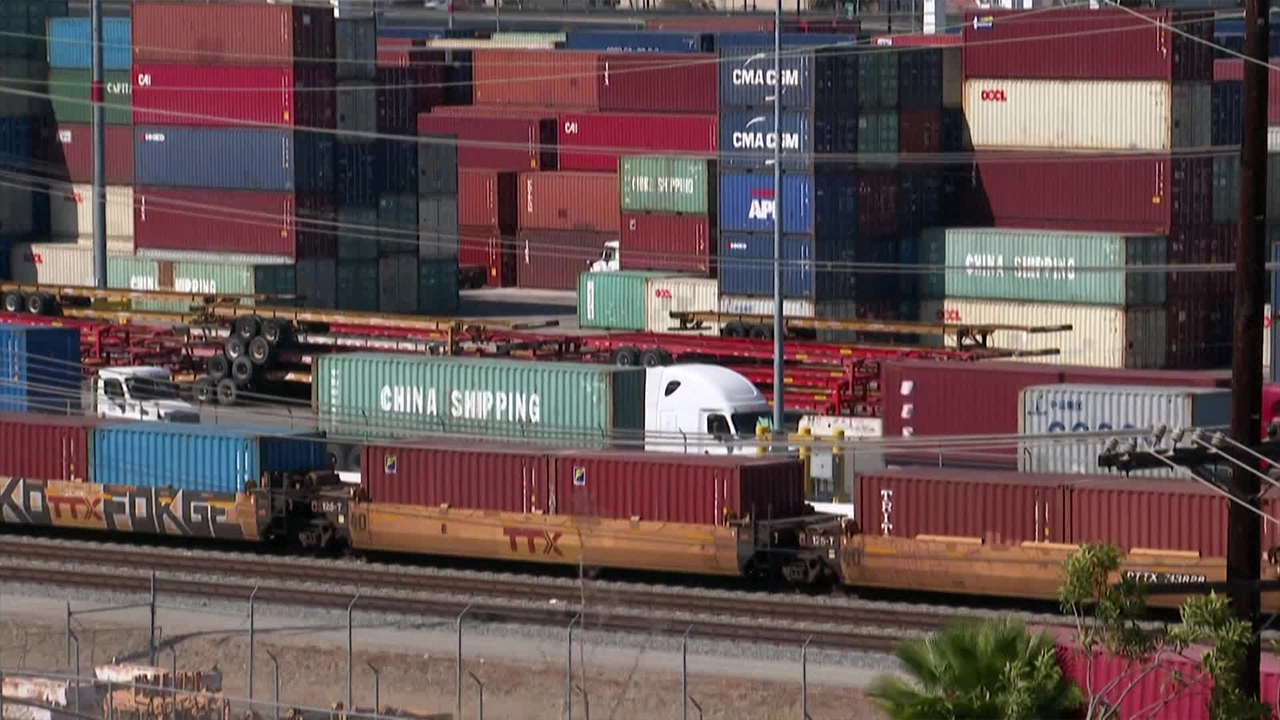
[Anchor]
President Trump's executive order includes provisions for imposing tariffs on small imports that were previously duty-free up to $800.
This measure, aimed at closing every loophole, is expected to immediately impact Chinese online shopping companies like Temu.
Beijing correspondent Kim Hyo-shin reports on China's response.
[Report]
["Let's do a huge one dollar Temu haul! Wow~~~~~!!"]
A U.S. shopper cheers, saying they can buy hats, pajamas, and outdoor clothing for just $1 each.
Using such low prices as a weapon, the Chinese shopping company 'Temu' generated over 29 trillion won in sales in the U.S. last year.
This amount surpasses that of traditional U.S. retail giant Walmart.
The fact that American consumers could purchase Temu products without hesitation was also aided by the 'de minimis exemption,' which exempted tariffs on small imports under $800.
However, President Trump has moved to block this small 'duty-free loophole' by imposing tariffs.
He views the small duty-free system as a channel through which illegal drugs, like fentanyl, easily enter the U.S., contributing to a public health crisis.
On the other hand, China is pushing back, claiming that they have done their best to cooperate with the U.S. in combating drugs, yet the U.S. is making unreasonable claims.
[Mao Ning/Spokesperson for the Chinese Foreign Ministry/Jan. 27: "We hope that the U.S. will maintain the positive momentum of the 'China-U.S. anti-drug cooperation' that we have worked hard to achieve."]
China has stated that it will take retaliatory measures in response to the U.S. tariffs, but is also preparing negotiation options to avoid an all-out war.
One bargaining chip being discussed is for China to increase purchases of U.S. agricultural products, energy, and manufactured goods, while asking the U.S. to ease export controls on technology to China.
This is Kim Hyo-shin from KBS News in Beijing.
President Trump's executive order includes provisions for imposing tariffs on small imports that were previously duty-free up to $800.
This measure, aimed at closing every loophole, is expected to immediately impact Chinese online shopping companies like Temu.
Beijing correspondent Kim Hyo-shin reports on China's response.
[Report]
["Let's do a huge one dollar Temu haul! Wow~~~~~!!"]
A U.S. shopper cheers, saying they can buy hats, pajamas, and outdoor clothing for just $1 each.
Using such low prices as a weapon, the Chinese shopping company 'Temu' generated over 29 trillion won in sales in the U.S. last year.
This amount surpasses that of traditional U.S. retail giant Walmart.
The fact that American consumers could purchase Temu products without hesitation was also aided by the 'de minimis exemption,' which exempted tariffs on small imports under $800.
However, President Trump has moved to block this small 'duty-free loophole' by imposing tariffs.
He views the small duty-free system as a channel through which illegal drugs, like fentanyl, easily enter the U.S., contributing to a public health crisis.
On the other hand, China is pushing back, claiming that they have done their best to cooperate with the U.S. in combating drugs, yet the U.S. is making unreasonable claims.
[Mao Ning/Spokesperson for the Chinese Foreign Ministry/Jan. 27: "We hope that the U.S. will maintain the positive momentum of the 'China-U.S. anti-drug cooperation' that we have worked hard to achieve."]
China has stated that it will take retaliatory measures in response to the U.S. tariffs, but is also preparing negotiation options to avoid an all-out war.
One bargaining chip being discussed is for China to increase purchases of U.S. agricultural products, energy, and manufactured goods, while asking the U.S. to ease export controls on technology to China.
This is Kim Hyo-shin from KBS News in Beijing.
-
-

김효신 기자 shiny33@kbs.co.kr
김효신 기자의 기사 모음
-
이 기사가 좋으셨다면
-
좋아요
0
-
응원해요
0
-
후속 원해요
0










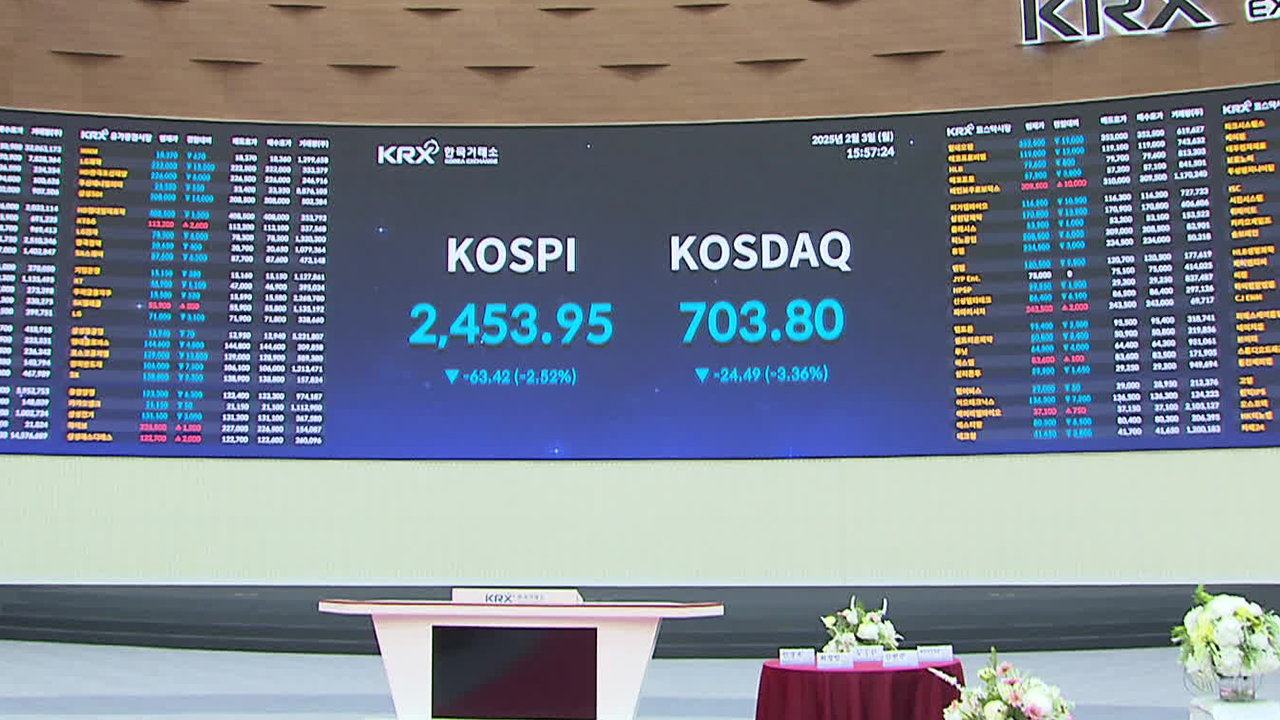
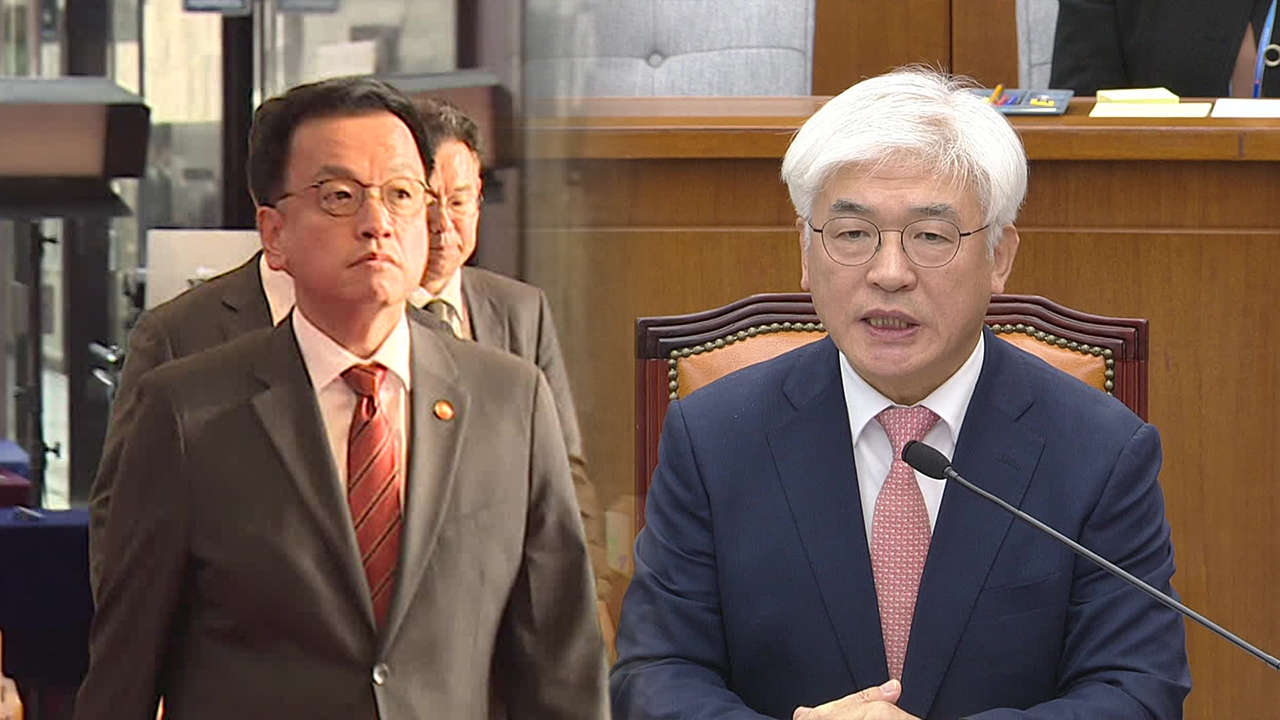
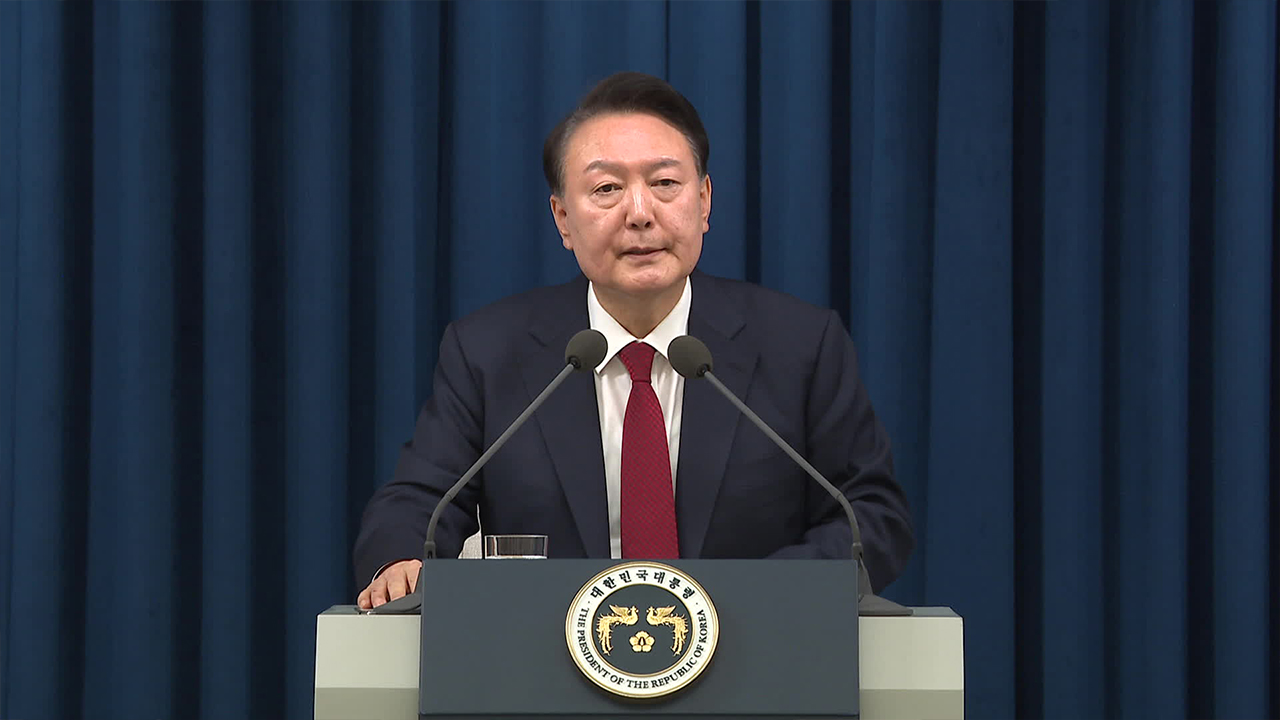
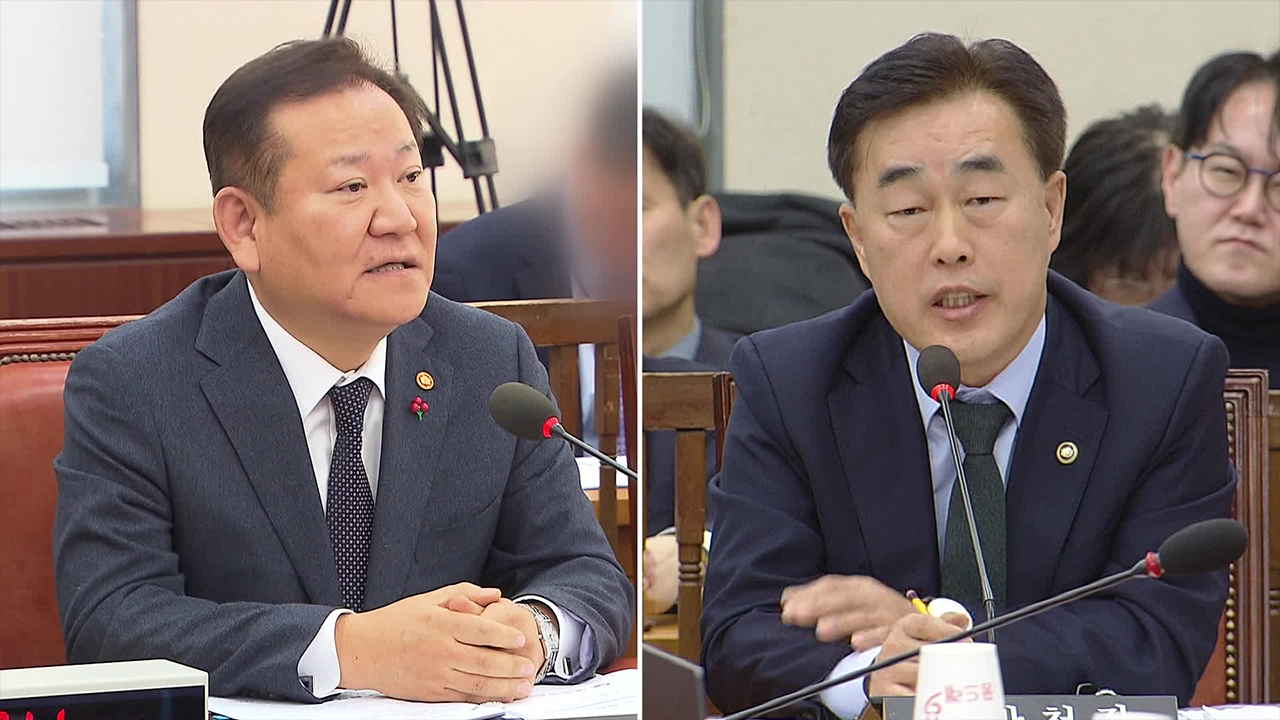

이 기사에 대한 의견을 남겨주세요.